11. Charitable Donations, Community Investments and Sponsorships
Quick Read
Charitable donations, community investments and sponsorships can all be used as bribes. They can be made to support the pet cause of a public official with decision-making power over contracts or regulations that affect the company. They can be used to channel funds to front organisations controlled by a bribery recipient. They also present opportunities for employees to make inflated donations or sponsorship fees and receive money back from the recipients as kickbacks. Bribery can be difficult to detect due to the absence of benchmarks or ‘market rates’ in many instances.
Charitable donations, community investments and sponsorships differ in their form and purpose. Donations and community investments are given without expectation of a tangible business return, although the fact that community investments are often tied to specific contracts, providing support to project-affected communities, results in a heightened bribery risk. Sponsorships, on the other hand, are a marketing expense. In anti-bribery practice, though, they are often dealt with together as many of the controls are the same.
Key elements
- Have a strategy for making donations and sponsorships and ensure that all proposals fit within the strategy and meet established criteria.
- Conduct due diligence on all proposed recipients to check whether they are affiliated with public officials or existing or potential customers, among other anti-bribery red flags.
- Implement controls, including approval thresholds and counter-signatures, to counter the risk of kickbacks. Monitor payments and check that procedures are being followed.
- Be transparent about your donations and sponsorship strategy, procedures and, where possible, payments.

